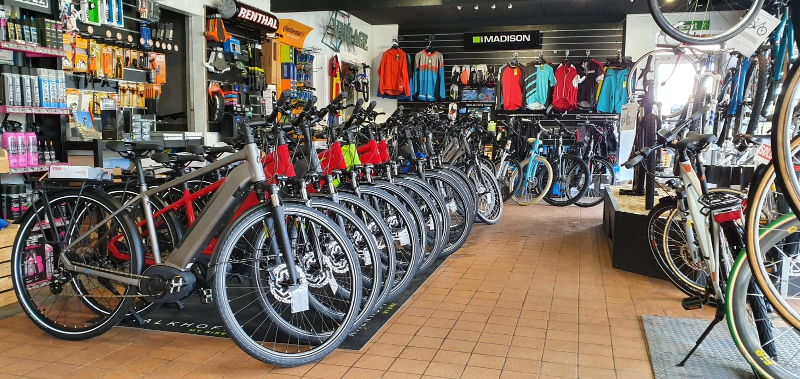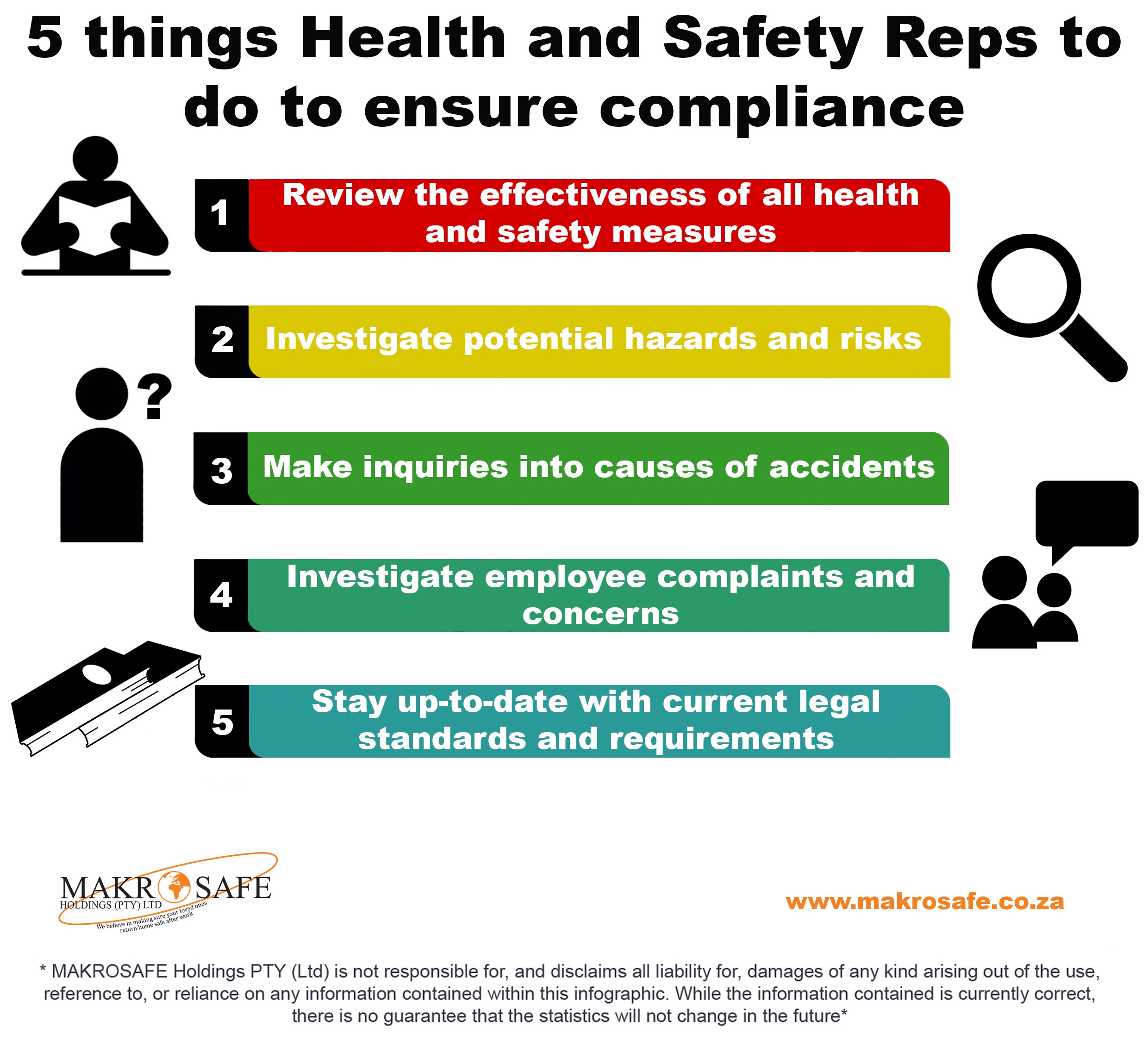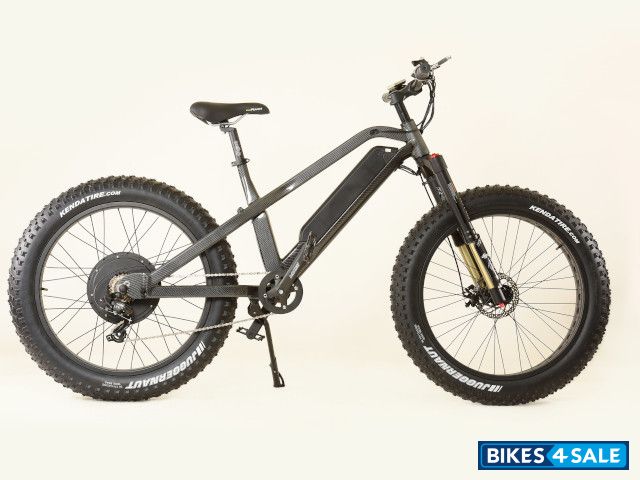Identifying Your Needs: Key Considerations
As you delve into eBike shopping, it’s crucial to pinpoint your specific needs and preferences. Start by asking yourself why you want an eBike. Are you looking for a convenient mode of transportation for your daily commute? Or perhaps you’re interested in exploring the outdoors through leisurely rides? Maybe you’re seeking a new exercise regimen that’s gentle on your joints.
Once you’ve identified your primary motivation, consider additional factors that will influence your eBike selection. For instance, if you plan on using your eBike for commuting, you’ll want to prioritize range and speed to ensure you can reach your destination efficiently. On the other hand, if you’re more interested in leisurely rides, you might prioritize comfort and ease-of-use features, such as adjustable seats and handlebars.
Terrain is another important consideration. If you live in an area with steep hills, you’ll want an eBike with a powerful motor and good torque to help you tackle those inclines. Conversely, if your area is flat, you might prioritize other features, like battery life or a lighter weight eBike for easy maneuverability.
By carefully considering your needs and preferences, you can narrow down your options and focus on eBikes that best suit your unique situation. This targeted approach will not only save you time but also ensure that you find an eBike that truly meets your expectations and enhances your cycling experience.
Battery Life and Range: Demystifying Specifications
One of the most critical aspects of eBike shopping is understanding battery specifications and how they impact the range and charging time of eBikes. Two primary factors to consider are watt-hours (Wh) and amp-hours (Ah).
Watt-hours represent the total energy capacity of a battery, which directly influences the range of an eBike. Generally, a higher watt-hour rating translates to a longer range. For example, an eBike with a 500Wh battery will have a longer range than one with a 300Wh battery, assuming all other factors are equal.
Amp-hours, on the other hand, indicate the current a battery can supply over time. A higher amp-hour rating means the battery can provide more power for a longer duration. However, when comparing batteries, it’s essential to consider both watt-hours and amp-hours, as they work together to determine the overall battery performance.
Another crucial factor to consider is charging time. Rapid charging capabilities can be a game-changer, especially for those who rely on their eBikes for daily commuting. Look for eBikes with fast-charging batteries, which can significantly reduce downtime and improve overall convenience.
When evaluating eBike batteries, consider your specific needs and preferences. If you plan on taking long rides, prioritize batteries with high watt-hour and amp-hour ratings. Conversely, if you need a quick-charging solution, seek out eBikes with efficient charging systems. By understanding these specifications, you can make informed decisions and find an eBike that meets your unique requirements.
Motor Types and Performance: Making Sense of Specs
When shopping for eBikes, understanding the differences between motor types and how they impact performance is essential. The two primary motor types are hub and mid-drive.
Hub motors, located in the front or rear wheel hub, are the most common and affordable option. They offer direct drive, resulting in a smooth and quiet ride. Hub motors are suitable for casual riders and commuters, as they provide sufficient power for flat terrains and gentle inclines. However, they may struggle with steep hills and often require additional battery power to maintain speed.
Mid-drive motors, situated near the pedal cranks, offer a more balanced and efficient power distribution. They leverage the bike’s gearing system, providing better torque and hill-climbing capabilities. Mid-drive motors are ideal for riders who need more power and versatility, such as those tackling hilly terrains or carrying heavy loads. However, they tend to be more expensive and noisier than hub motors.
When evaluating motor performance, consider factors like power and torque. Motor power, measured in watts, influences the eBike’s acceleration and top speed. A higher wattage motor will generally provide more power and a quicker acceleration.
Torque, measured in Newton-meters (Nm), represents the force required to turn the bike’s wheels. Higher torque values are beneficial for tackling steep hills and heavy loads, as they provide the necessary force to maintain speed. When comparing motors, consider your specific needs and the terrain you’ll be riding on to determine which type and power level are most suitable for your situation.
Legal and Safety Regulations: Ensuring Compliance
Navigating the eBike market requires understanding local regulations and safety requirements to ensure a smooth and legal riding experience. Each region has its unique set of rules and guidelines, so it’s essential to familiarize yourself with those applicable to your area.
One critical regulation to consider is speed limits. Class 1 and Class 2 eBikes, which have a top assisted speed of 20 mph, are typically allowed on most bike paths and lanes. Class 3 eBikes, however, can reach speeds up to 28 mph and may be restricted to roads and bike lanes with higher speed limits. Always verify your local regulations to ensure your chosen eBike complies with speed limits.
Helmet requirements are another essential consideration. While some regions mandate helmet use for all eBike riders, others may only require them for specific classes or age groups. Ensure you understand and adhere to these rules to protect yourself and avoid any fines or penalties.
Additionally, some areas may have specific rules regarding where eBikes can be ridden, such as bike paths, multi-use trails, or roads. Familiarize yourself with these regulations to ensure you’re using your eBike safely and legally.
By understanding and following local eBike regulations, you can ensure a safe and enjoyable riding experience while avoiding any legal complications. Always prioritize safety and compliance when shopping for and using eBikes.
Budget and Value: Balancing Cost and Quality
Establishing a budget is a crucial step in the eBike shopping process. By determining your financial limits, you can narrow down your options and focus on eBikes that provide the best value within your price range. Keep in mind that the initial purchase price is only one aspect of the overall cost; additional expenses like insurance, maintenance, and accessories should also be considered.
When evaluating the value of an eBike, consider factors beyond the purchase price. A higher-priced eBike may offer better performance, longer battery life, or a more robust warranty, ultimately providing a better long-term investment. On the other hand, a lower-priced eBike might lack essential features or have a shorter lifespan, leading to higher maintenance and replacement costs.
Warranty is an essential factor to consider when assessing value. A comprehensive warranty can protect you from unexpected repair or replacement costs, providing peace of mind and long-term savings. Look for eBikes with extended warranties, ideally covering the battery, motor, and frame for several years.
Customer support and brand reputation are also vital aspects of eBike value. A strong support network can ensure a smooth shopping experience and provide assistance with any post-sales issues. Research various brands, read customer reviews, and consider factors like availability, expertise, and responsiveness when selecting an eBike.
By balancing cost and quality, you can find an eBike that meets your needs and provides excellent value. Remember to consider the total cost of ownership, warranty, customer support, and brand reputation as you establish your budget and evaluate potential eBike choices.
Dealers and Service Centers: Securing Support
Access to reliable post-sales support is a crucial aspect of eBike shopping. Researching local dealers and service centers before making a purchase ensures that you can rely on expert assistance and maintenance when needed. Consider the following factors to help you select a reputable dealer:
Availability
Choose a dealer with convenient hours and locations, making it easy to access support and services. A dealer with multiple locations or an extensive online presence may offer additional flexibility and resources.
Expertise
Select a dealer with a proven track record in eBike sales and service. Look for certified technicians and knowledgeable staff who can provide valuable insights and recommendations based on your specific needs and preferences.
Customer Reviews
Research customer reviews to gauge the overall satisfaction and trustworthiness of a dealer. Pay attention to feedback regarding product knowledge, customer service, and post-sales support.
Special Offers and Promotions
Some dealers may offer special deals, discounts, or promotions that can help lower the overall cost of your eBike purchase. Be sure to inquire about any available incentives or perks when evaluating dealers.
Service and Maintenance
A reliable dealer should provide comprehensive service and maintenance options, including tune-ups, repairs, and parts replacement. Look for dealers that offer warranties, extended service plans, or other value-added services to protect your investment.
By carefully considering these factors, you can find a reputable dealer that offers expert support and resources, ensuring a positive eBike shopping experience and long-term satisfaction.
Test Rides and Reviews: Gauging Performance
Test riding potential eBike choices and consulting online reviews are essential steps in the shopping process. These opportunities allow you to gauge the performance, comfort, and overall quality of various models, helping you make an informed decision.
Test Rides
Schedule test rides with local dealers or rental services to evaluate the performance and comfort of different eBikes. This hands-on experience can provide valuable insights into factors like acceleration, handling, and ride quality. Be sure to test eBikes under various conditions, such as uphill and downhill routes, to fully assess their capabilities.
Online Reviews
Consult online reviews and expert opinions to gain a broader understanding of the eBike market. Look for reputable sources that provide unbiased assessments of various models, focusing on factors like range, speed, battery life, and motor performance. Pay particular attention to reviews that address your specific needs and preferences, such as commuting, leisure, or exercise.
Expert Opinions
Seek out expert opinions from industry professionals, bike shops, and online forums. These resources can offer valuable insights into the latest trends, technologies, and best practices in eBike shopping. By leveraging the knowledge and experience of others, you can make a more informed decision and avoid common pitfalls.
By incorporating test rides, online reviews, and expert opinions into your shopping journey, you can ensure that your chosen eBike meets your performance and comfort expectations, ultimately leading to a more satisfying ownership experience.






